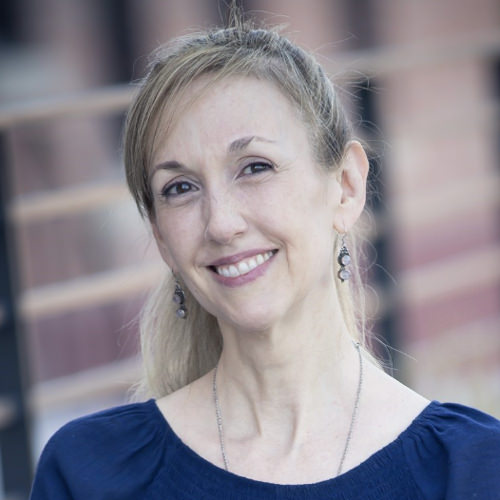Leading Change From Where You Are: Strategies for Faculty
Last updated February 17, 2023Course Length
1h 29m
Last Updated
February 17, 2023

Leading Change From Where You Are: Strategies for Faculty
Last updated February 17, 2023Table of Contents
Lead with your strengths and leverage your agency for sustainable and collaborative change.
Overview
Many faculty feel overwhelmed by the overlapping crises in higher education, and that they have little agency for making change. But faculty can take action to make change right where they are by leveraging their strengths and preferences as leaders and building effective networks of colleagues with complementary abilities. By identifying opportunities for meaningful change through service and committees, campus and community engagements, and fieldwork and research, you can make the kind of difference that creates impact and moves culture change across the academy. This workshop is your first step in understanding how to best align your leadership strengths with opportunities for impact.
In this virtual training, we will begin by examining leadership myths that often inhibit effective leadership by and for faculty. We will then explore how you as a faculty member can leverage your leadership strengths and preferences to harness your power in sustainable and collaborative ways for grassroots change. By the end of this workshop, you will have identified strategies, next steps, and an action plan to initiate the change you want to see.
Who should attend?
This training is designed for faculty members who want to be changemakers, but not necessarily administrators, including:
- Early-career faculty seeking a leadership style that aligns with their values.
- Mid-career faculty interested in translating their expanding service roles into leadership that works for them.
- Any faculty leading, or interested in leading, through collaborative grassroots initiatives.
Agenda
June 7, 2023
12:00 – 2:00 p.m. ET
Part 1: Misconceptions & Barriers to Faculty Leadership
We will kick off this training by exploring commonly and individually held ideas about leadership for faculty and how these (mis)conceptions may prevent you from embracing a leadership style that aligns with your values.
Part 2: Understanding Yourself as a Leader: 5 Paths to Leadership Assessment
You will have the opportunity to examine and analyze the results from your 5 Paths to Leadership Self-Assessment to identify your unique leadership strengths under “normal” circumstances vs. under highly stressful ones. Note: You will receive access and directions to this assessment one a week prior to the training.
Part 3: How to Lead with Your Strengths and the Strengths of Others
Using a combination of case studies and reflection questions, our faculty coach will guide you through how you can build networks and mobilize leadership strengths and preferences in yourself, as well as others.
Tagged In
$595.00


